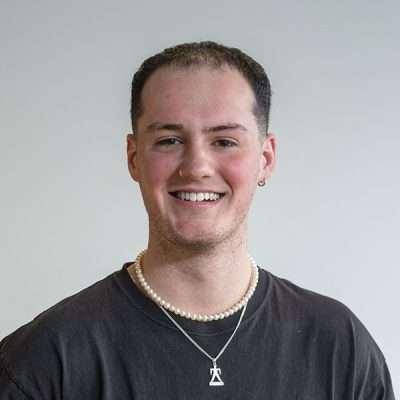
Jamie Hooper
Transforming innovative ideas into functional, user-centric designs with meticulous attention to detail through ID and UX solutions across an array of sectors.

Transforming innovative ideas into functional, user-centric designs with meticulous attention to detail through ID and UX solutions across an array of sectors.
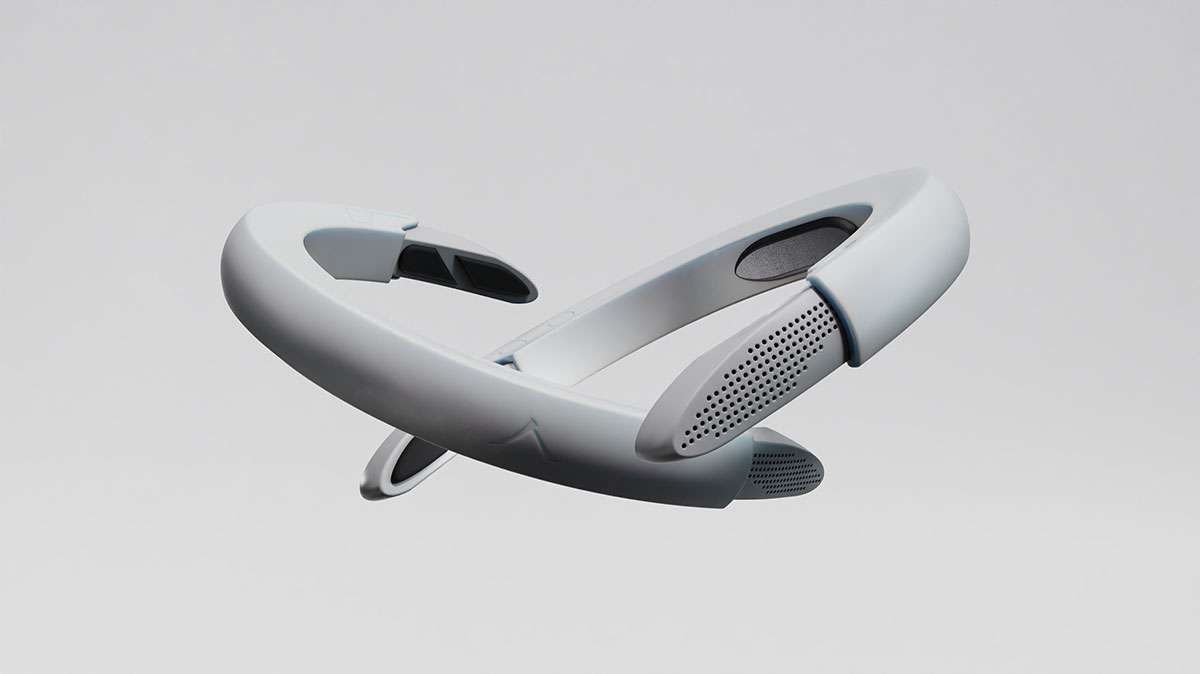
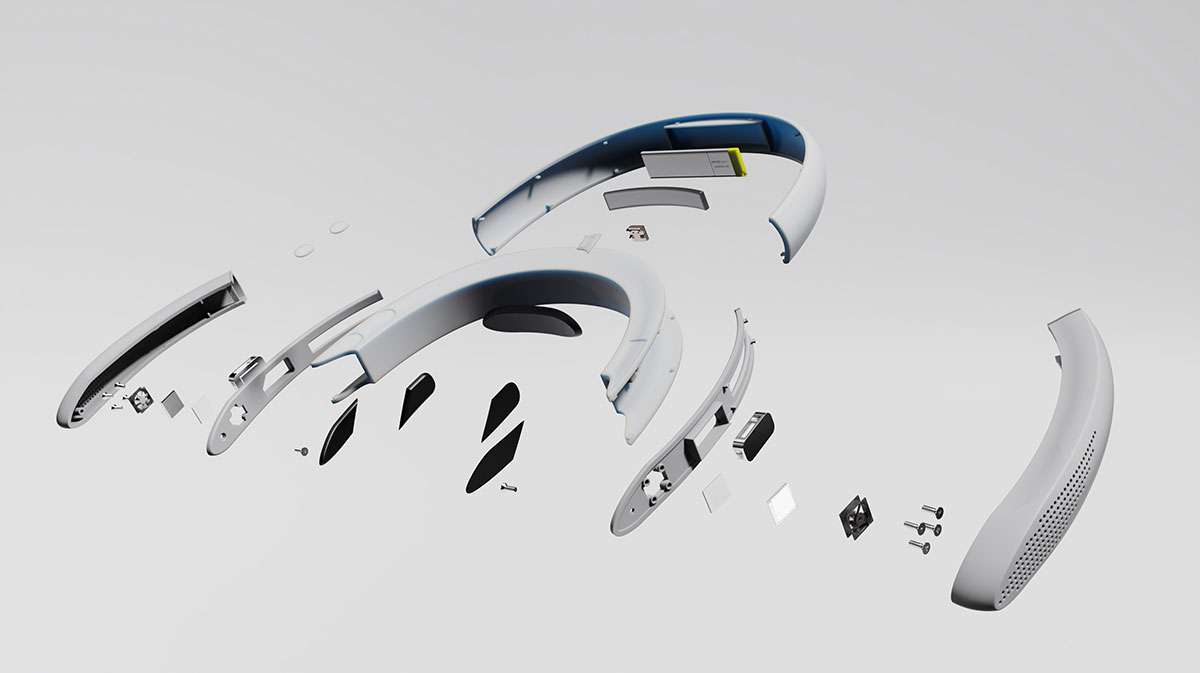
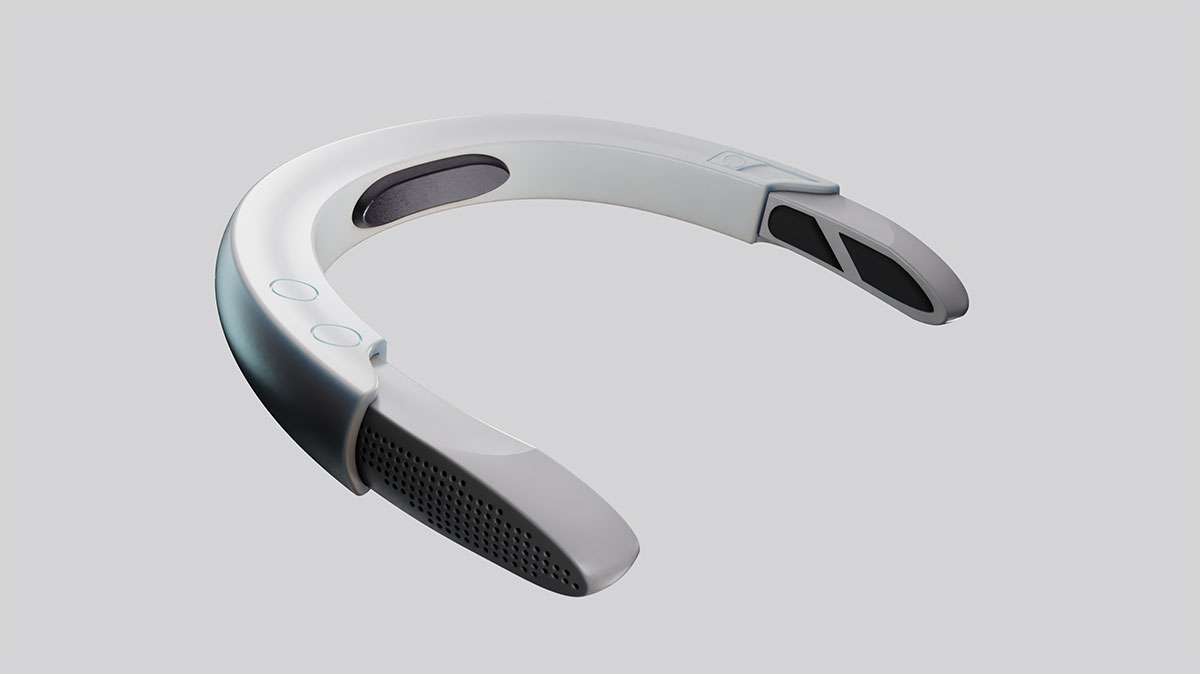
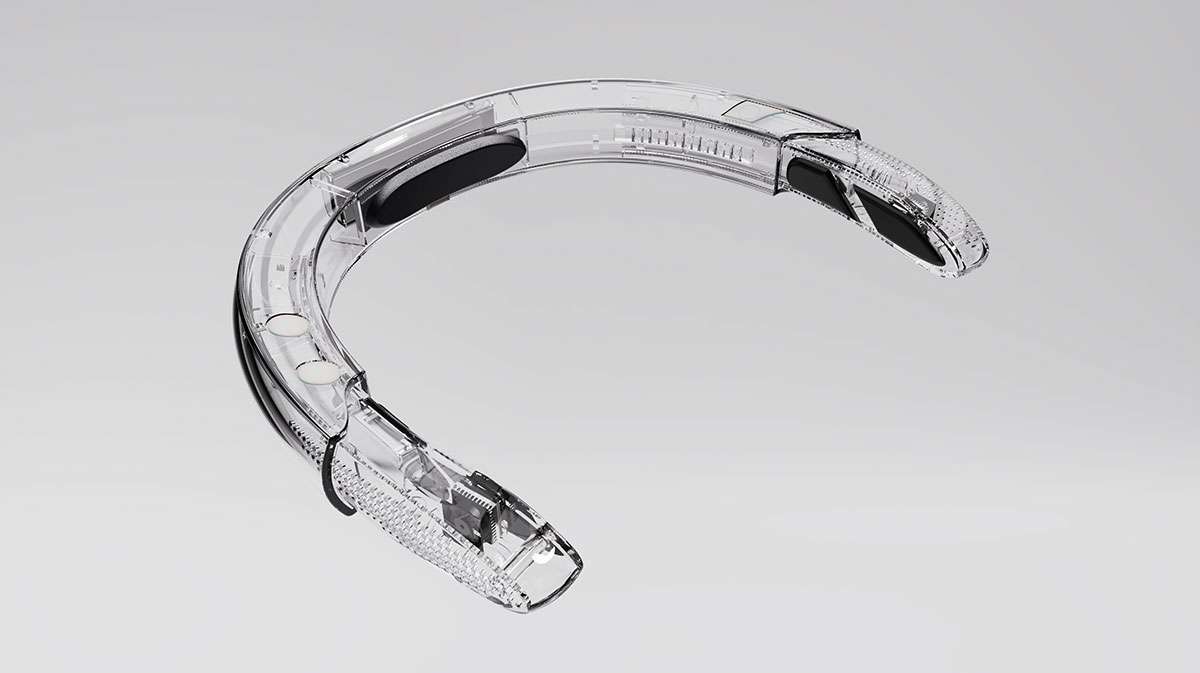
Sakura aims to alleviate stimulant dependency for all those who want to reduce their stimulant usage. 92% of students consume caffeine and additionally, 88% of caffeine users have made serious attempts to reduce their usage, yet there is a prevalence of 55% of caffeine withdrawal within the caffeine community.
Sakura targets the central nervous system to create a reaction that will increase alertness, reduce stress and help reduce the user’s dependency on caffeine through a targeted cold touch to the temporal region of the brain, paired with bone conduction technology that can produce binaural beats that sync in the brain and help induce specific states.
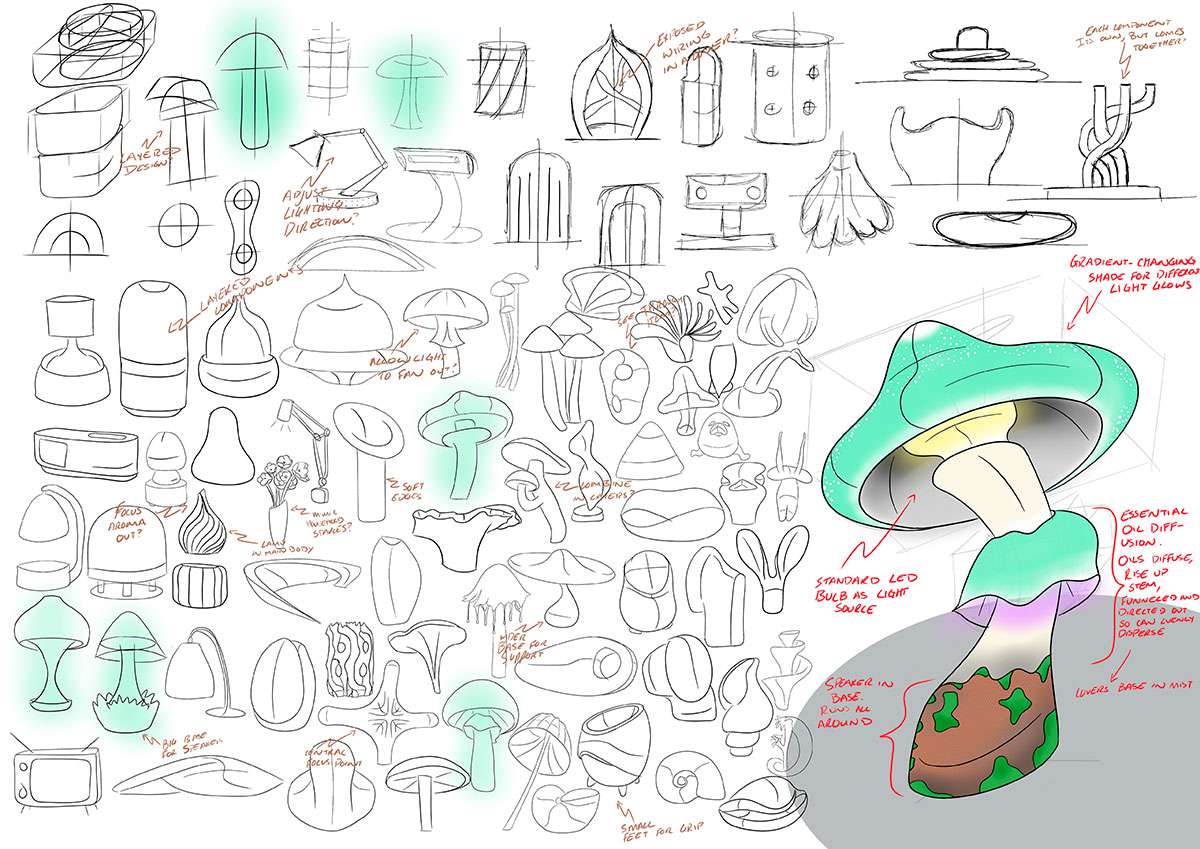
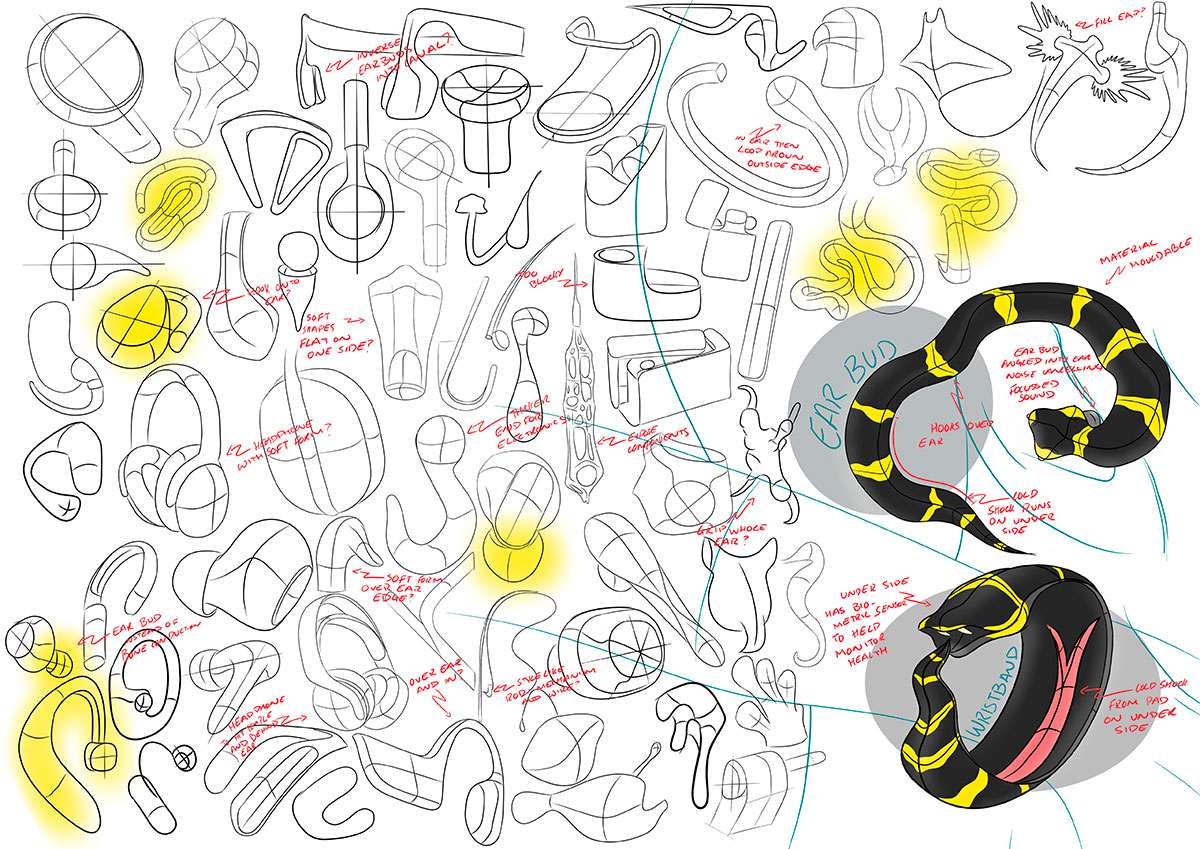
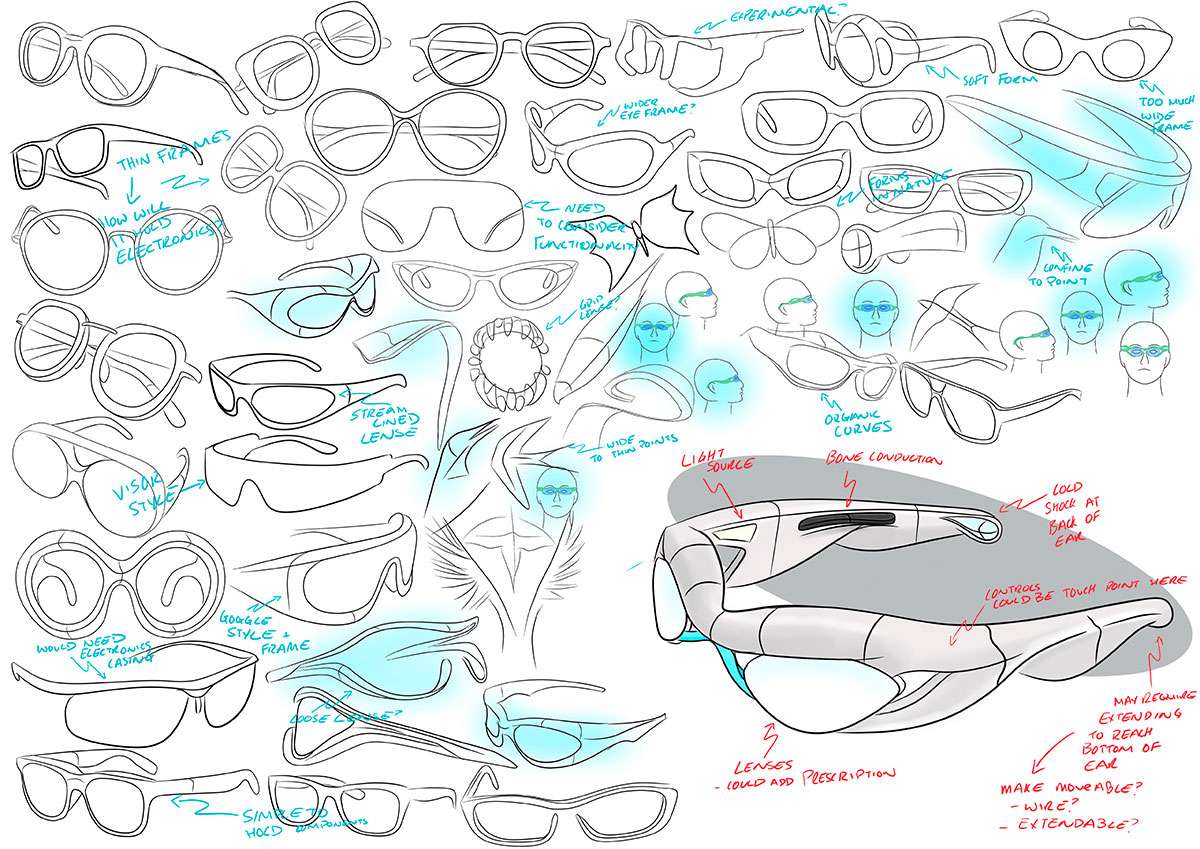
The project began by exploring a variety of natural stimulants which were conceptualised into a lamp, earphones, and glasses. Involving an extensive focus group throughout was crucial to the project’s growth. During development, the project was then taken into a new direction moving towards a headband worn on the back of the head.
Various prototypes for comfort, sizing, modularity, UX, adjustment, aesthetics and functionality were generated, tested and amended in consultation with users to create a product that the focus group felt reflected their needs.
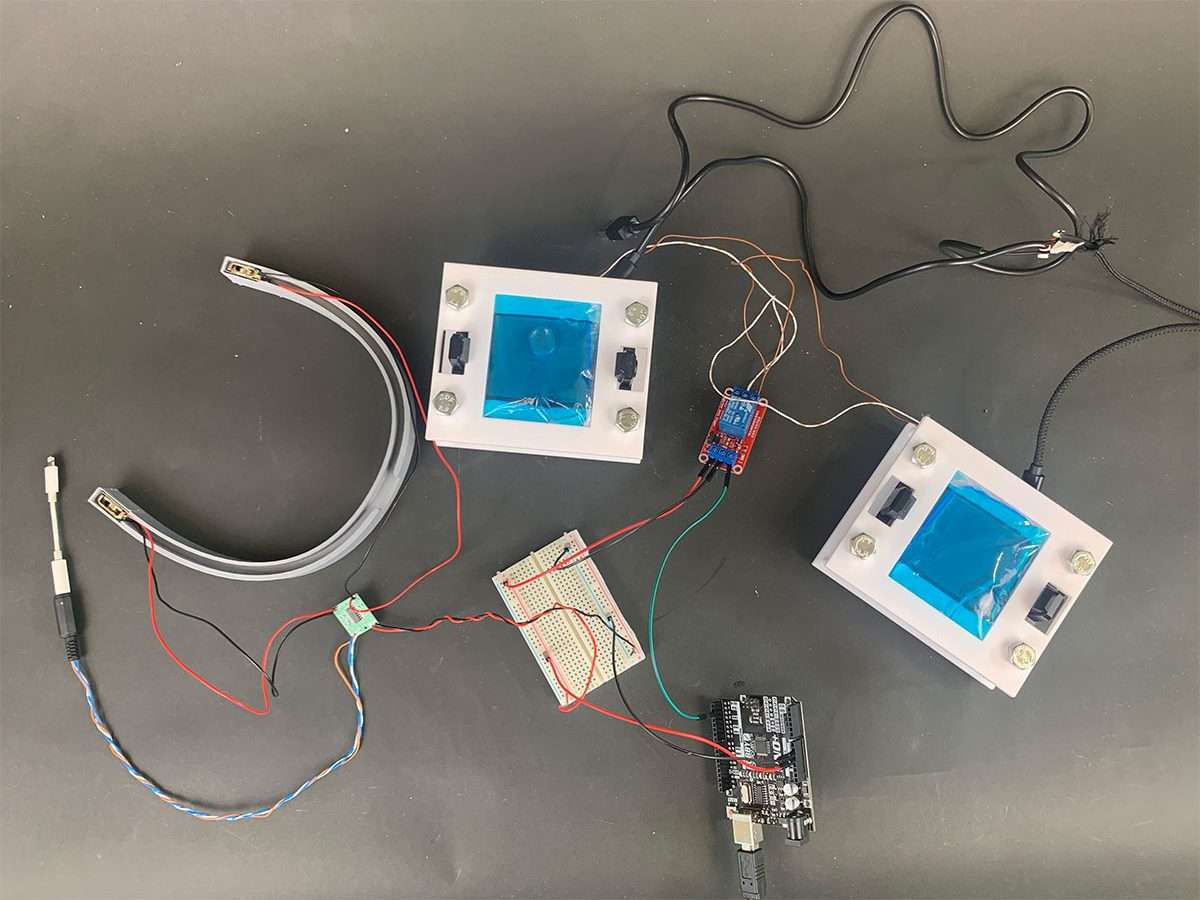
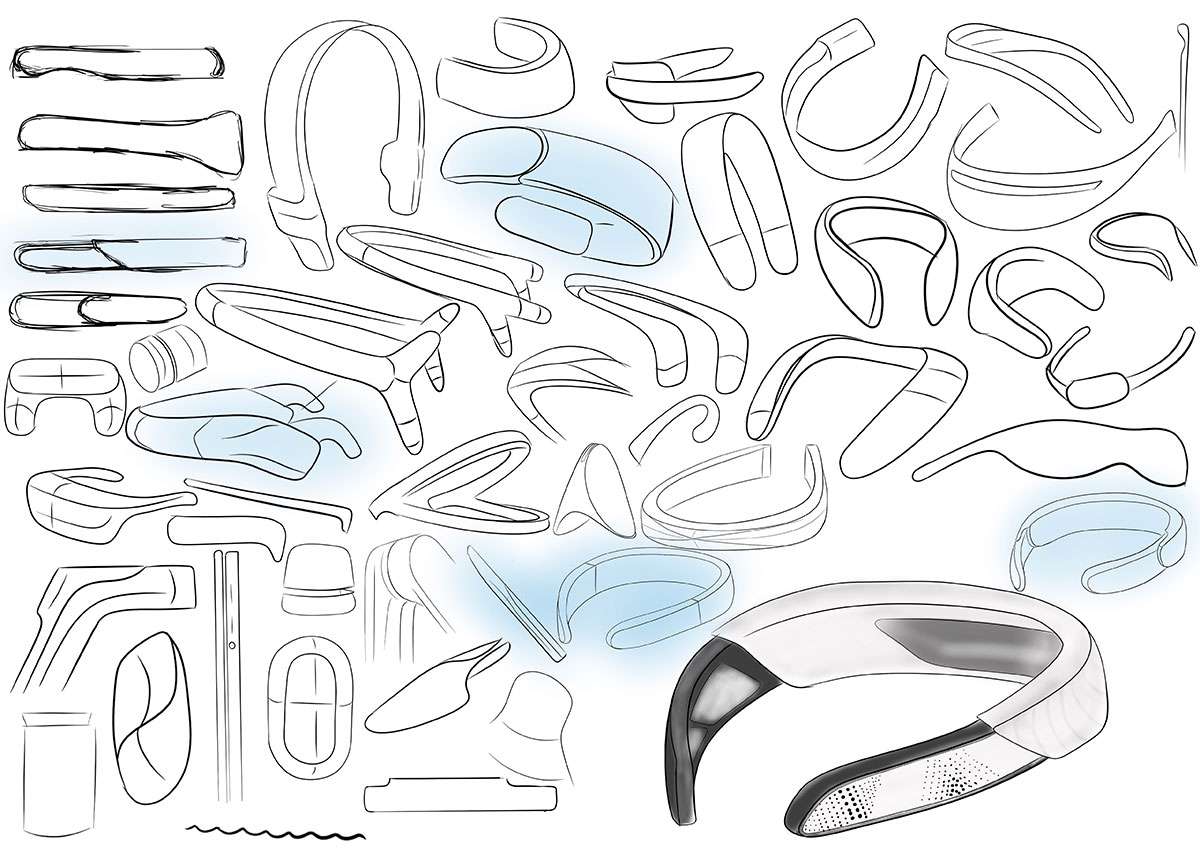
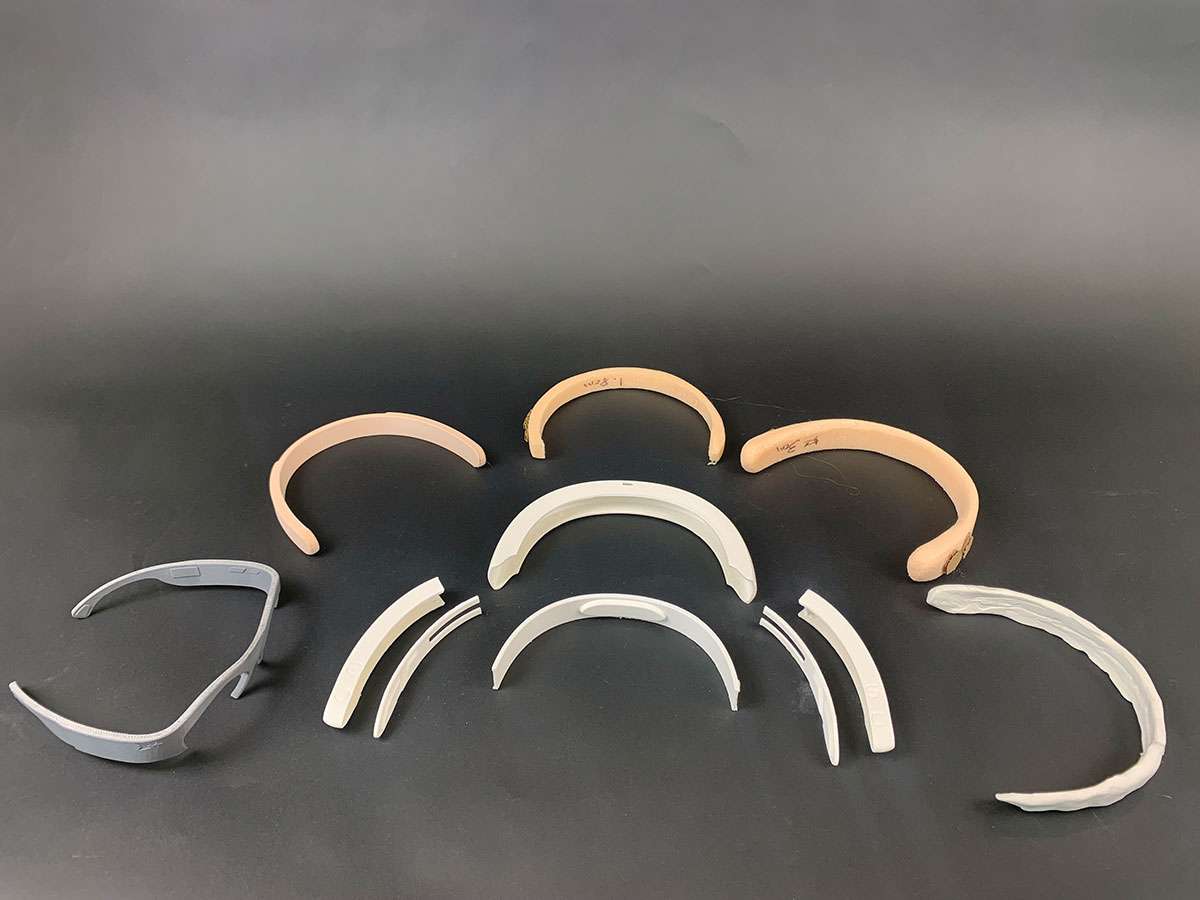
Sakura utilises a Peltier device to provide a cold sensation to the head, as well as bone conduction transducers to create binaural beats in the skull. By doing this it stimulates the CNS, eliciting the desired response. When not stimulating, the transducers can be utilised as headphones allowing the user to play music, podcasts or other audio forms.
Sakura requires initial manual interaction, so the AI learning can begin to pick up patterns allowing the product to later become autonomous, improving the effectiveness of stimulation. The AI learning can be reinforced through the feedback aspect of the assistive app and can be tailored to different situations through the scenarios the user sets in the app.
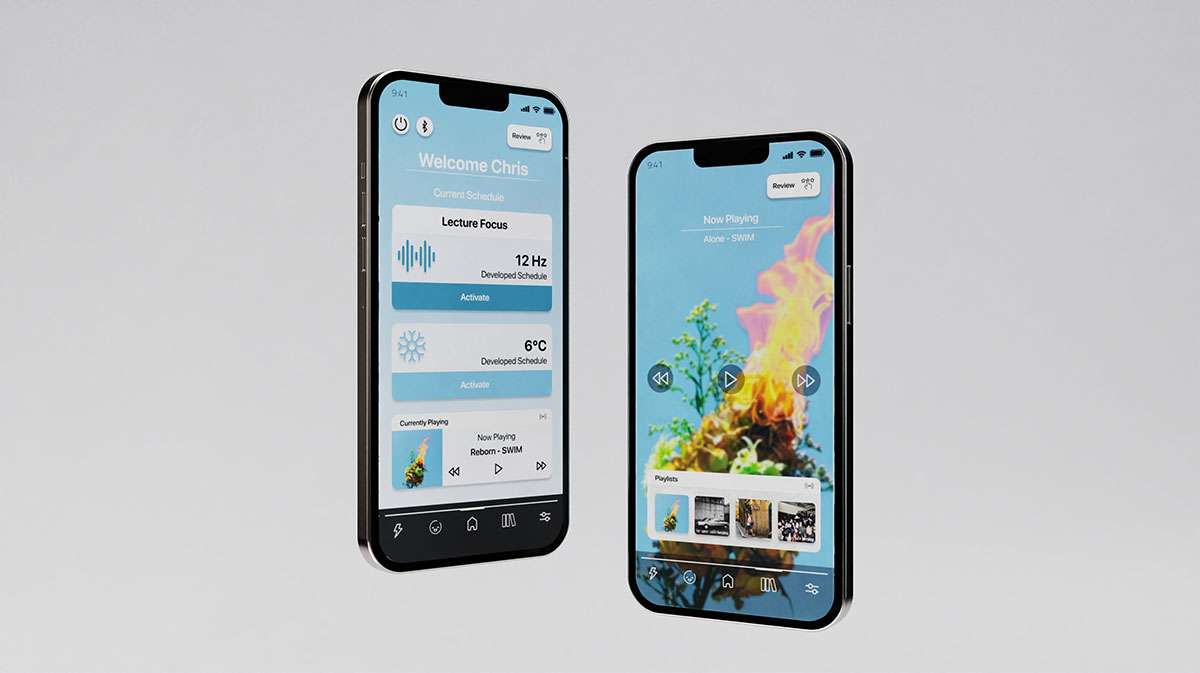
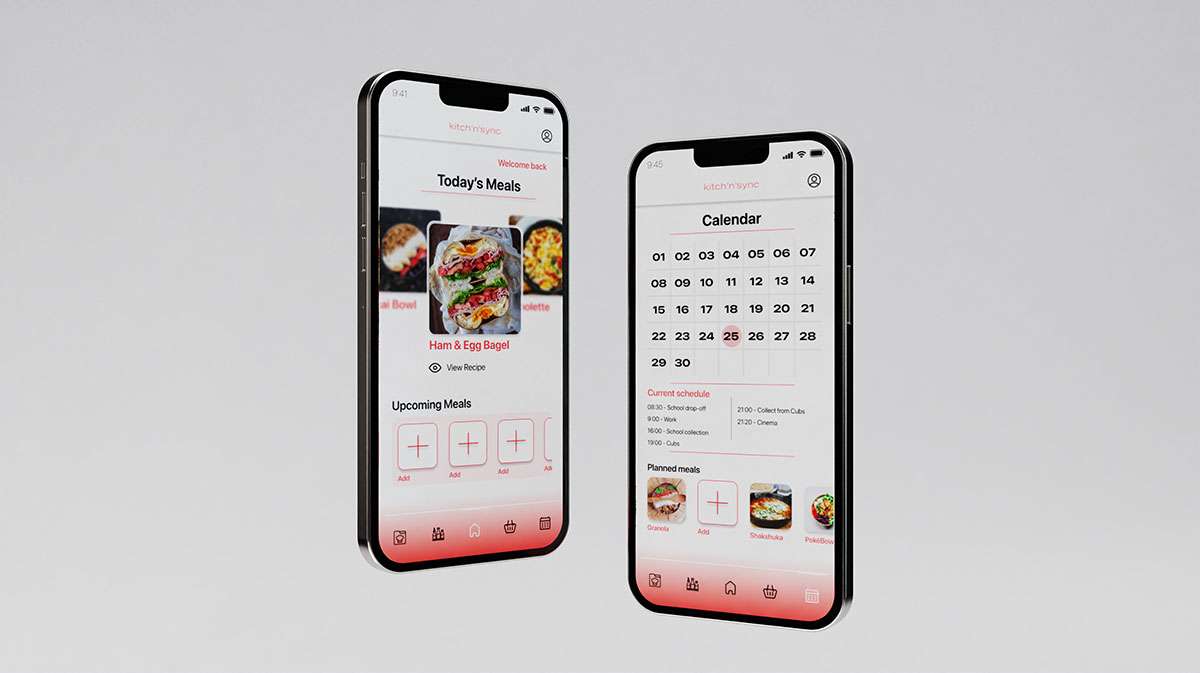
The assistive app provides insights to users on their usage and allows them to set scenarios for use. Additionally, they can review their sessions to help reinforce the AI learning, leading to a more autonomous solution.
Scenarios are a collection of settings that are specific to a certain period of use for the user and help inform the product of how to perform. The additional ‘music’ tab allows the users to control their music straight from the app when paired with a streaming service.
Kitch’n’sync focuses on streamlining mealtimes and grocery shopping for single parents. The built-in stock tracker automatically orders only the ingredients you need when you plan a meal, and tracks consumption of stock in line with your planned meals.
It is a focal point for your meal planning, grocery shopping and calendar, where you can filter through a library of meals to find exactly what you need, allocate a day for consumption and food delivery, and by syncing with your calendar it can tell you your plans each day, so you know what works best, and when.
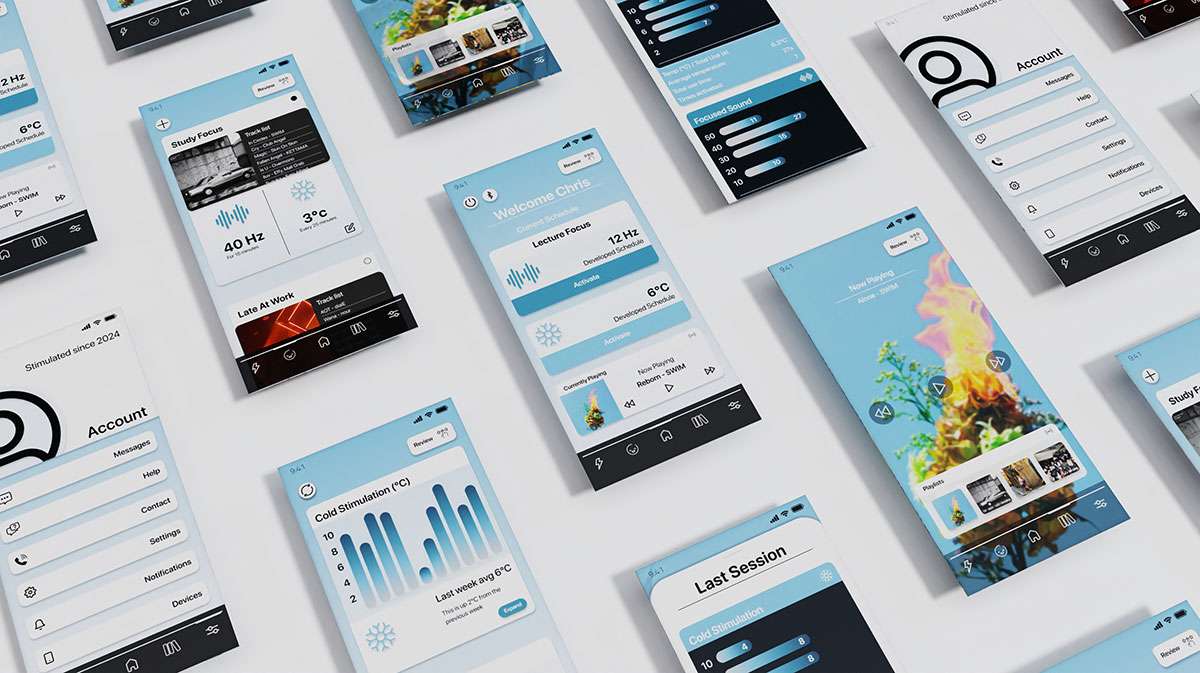
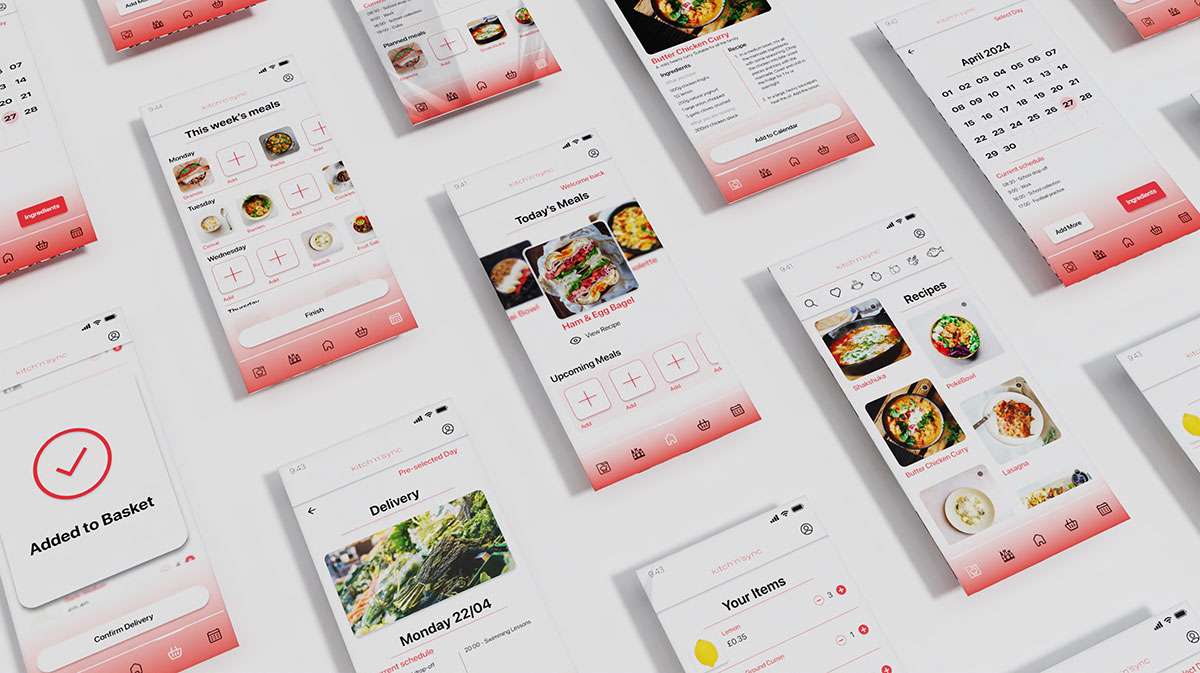
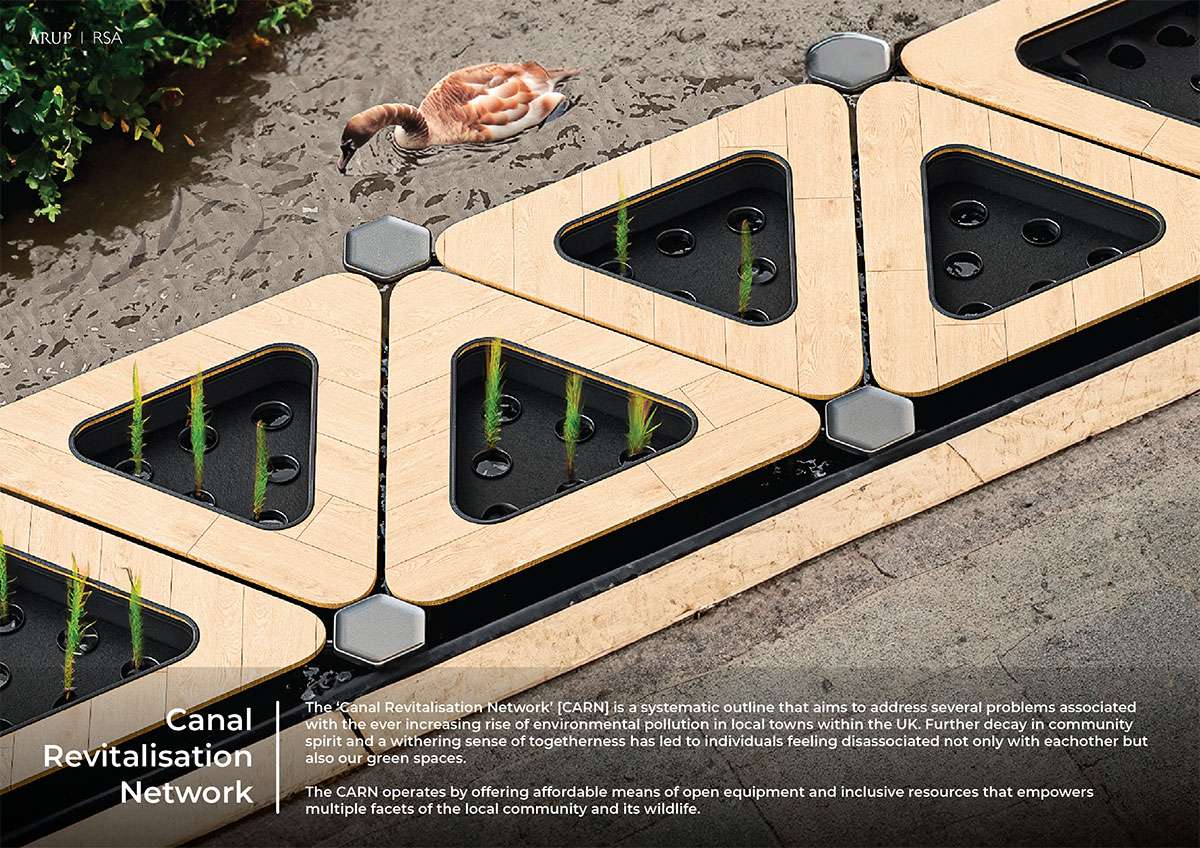
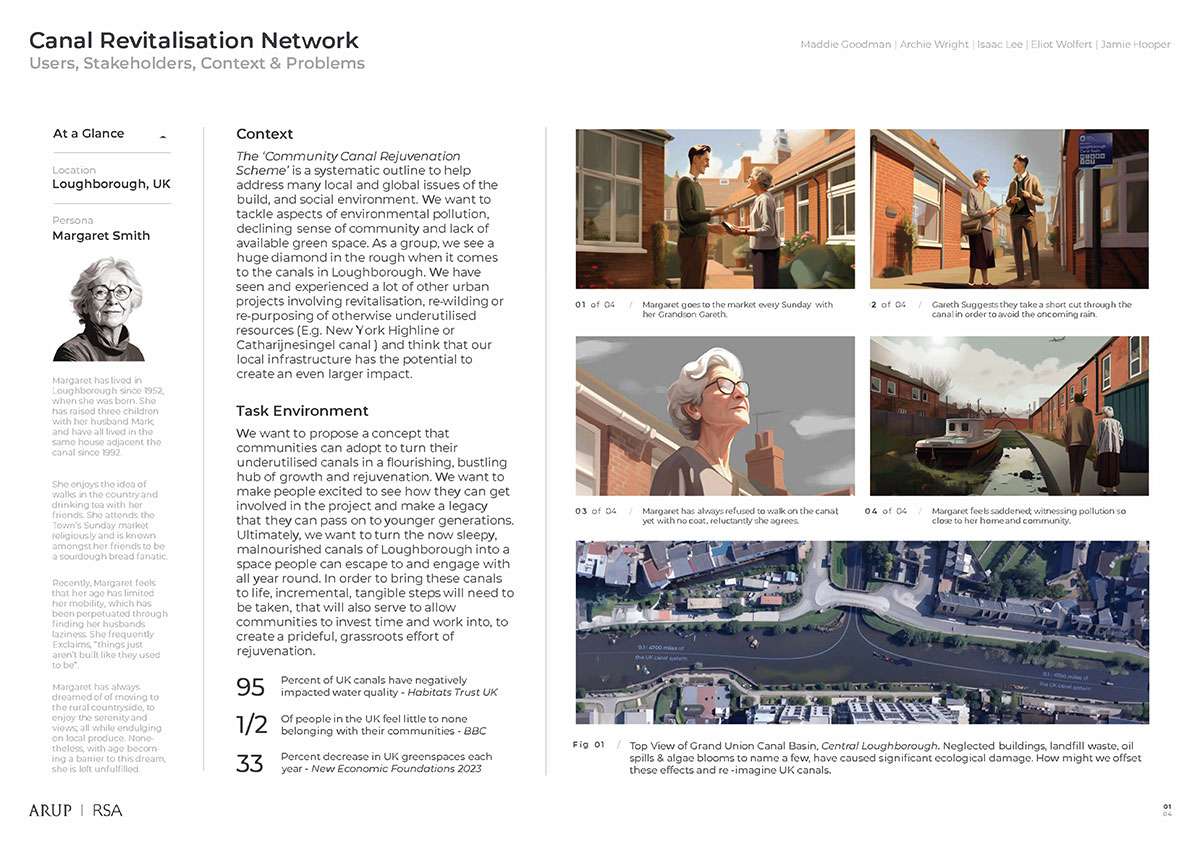
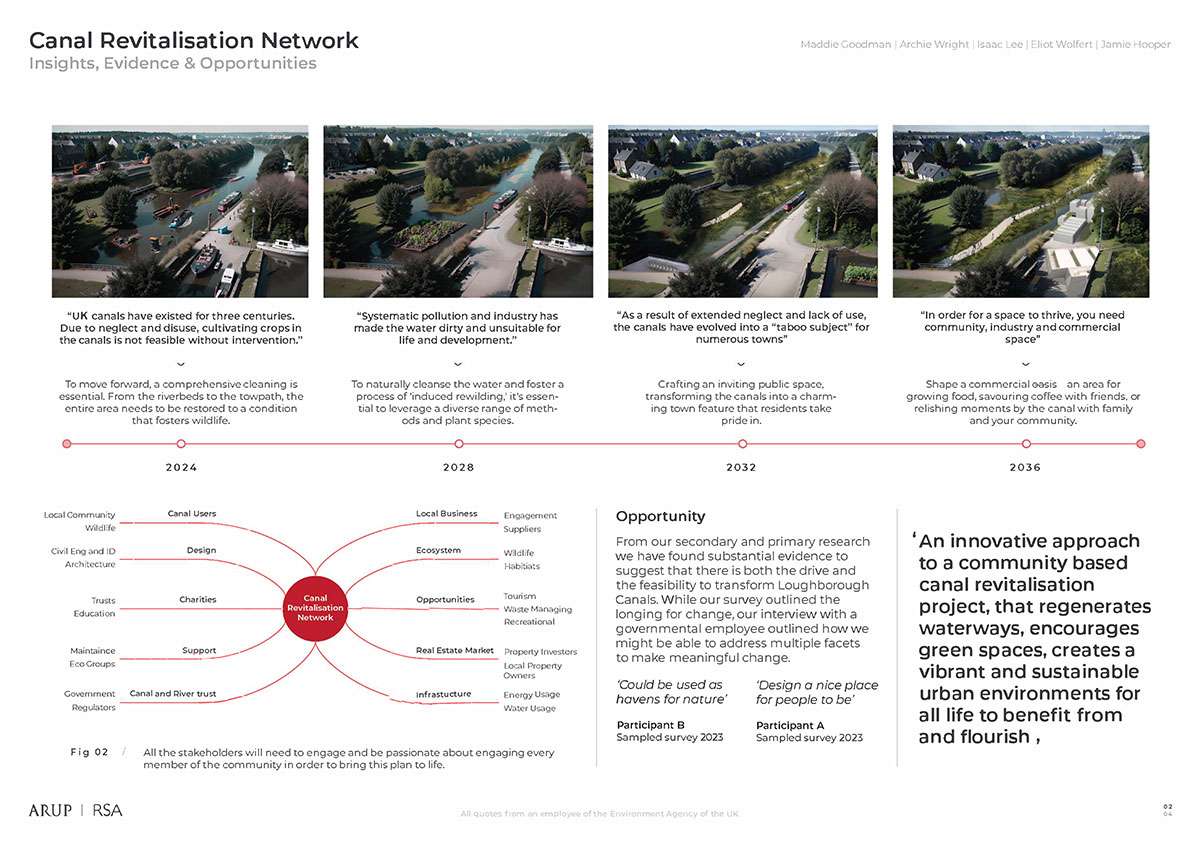
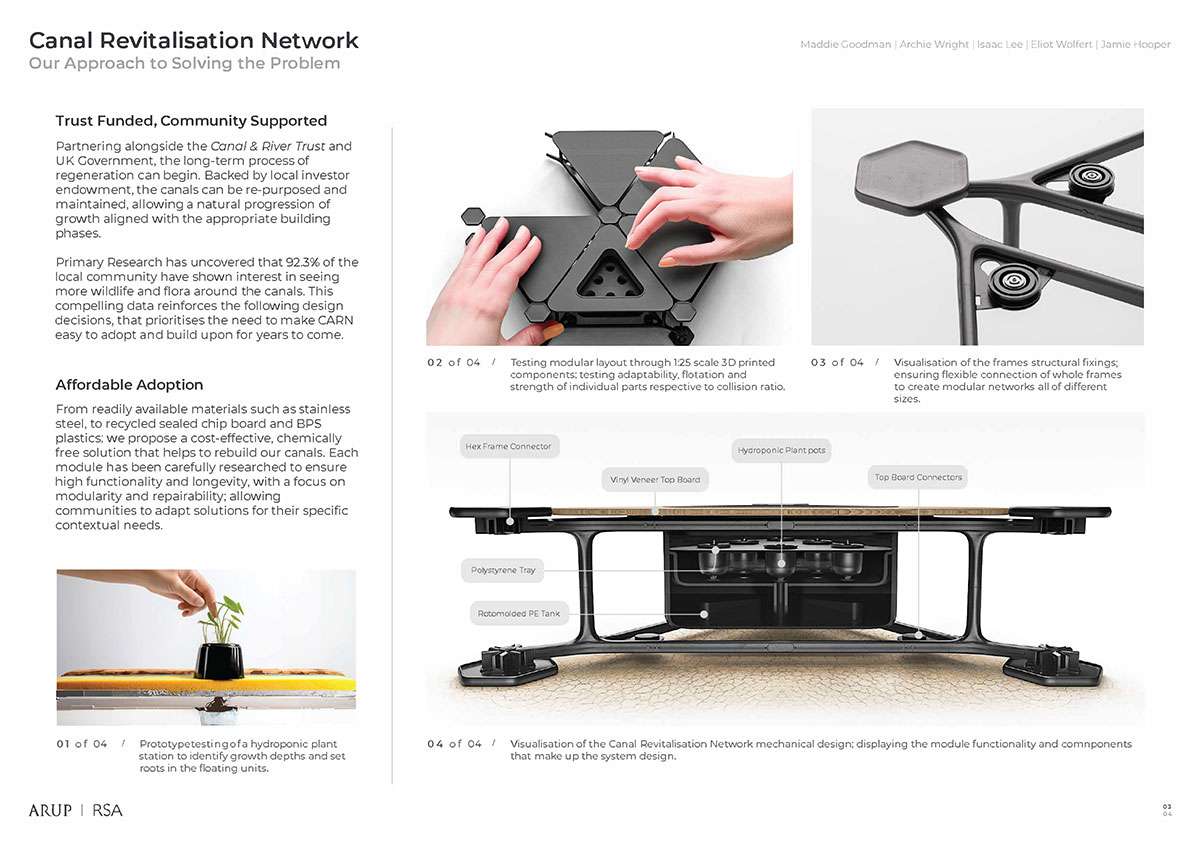
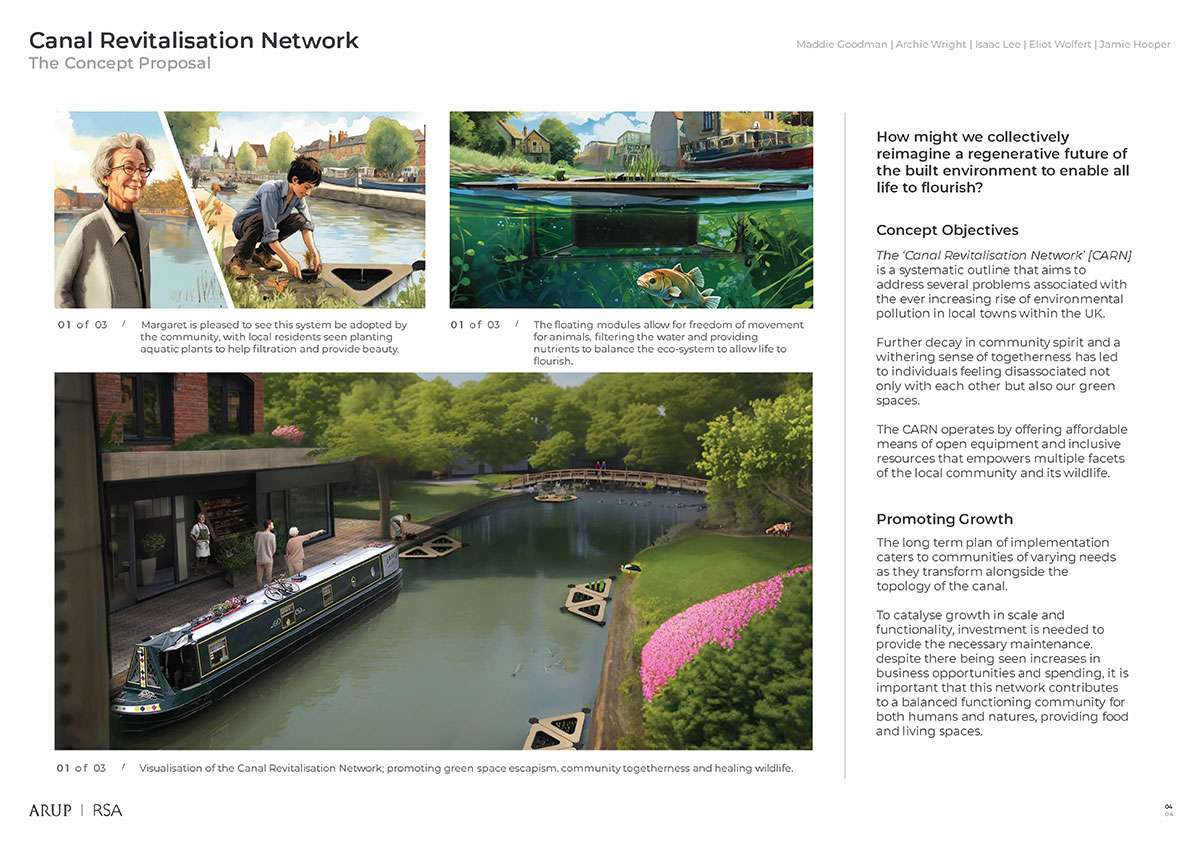
The UK has over 4,700 miles of under-utilised canal networks. Collective degradation in the community both socially and in the infrastructure means people have difficulty making connections. CARN pulls the community together, turning the canals into an oasis for gathering and bettering local communities.
Solution? A bespoke modular network combining hydroponic plant growth, solar distillation and readily accessible materials that act as a community hub. The modules can cater to any local community, expanding as much or as little as needed, bringing flora and fauna back in abundance. Utilising solar distillation and natural cleaners such as reeds and water lilies, the canal networks can regain their former glory, eventually leading to a food source through hydroponic farming.
Check out the RSA website to see how we get on.
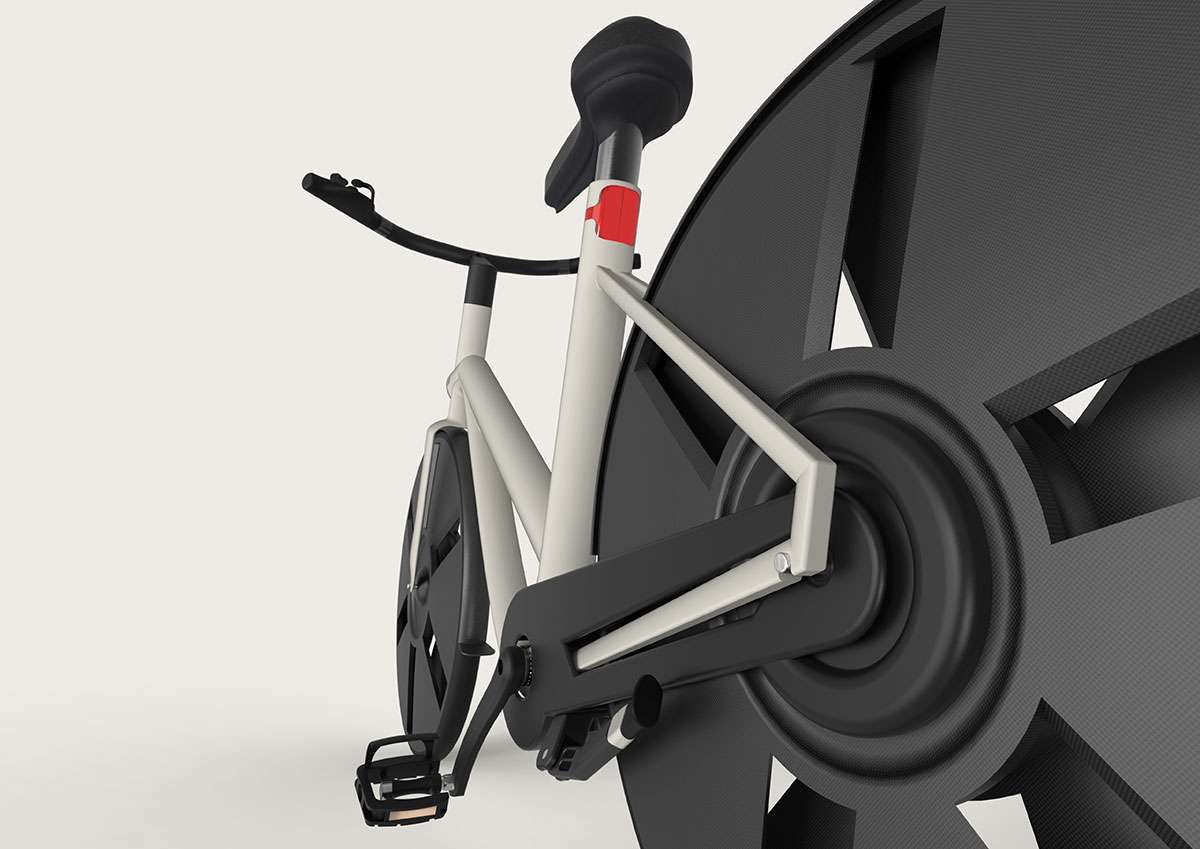
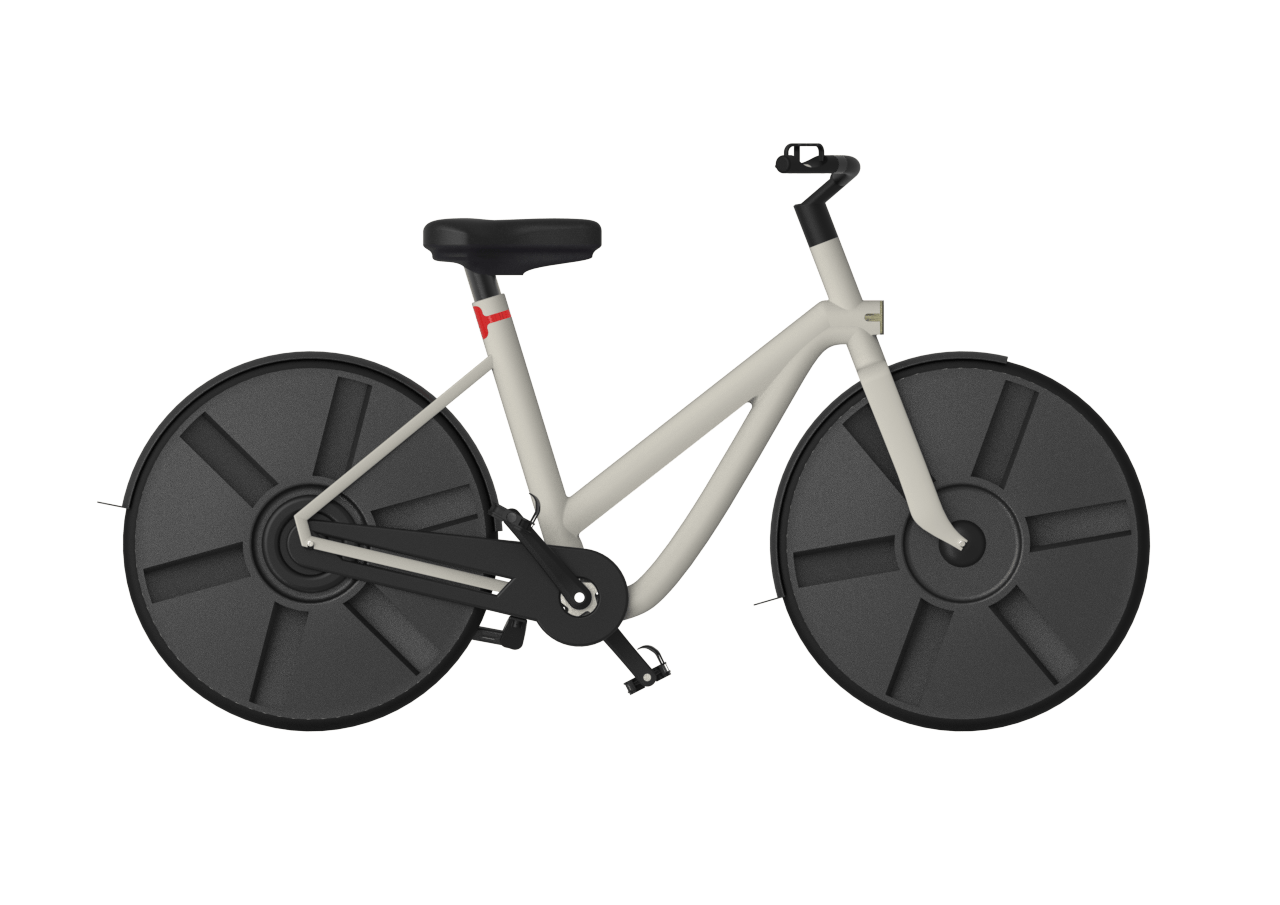
VM P1 is the answer to the TTP -set brief; ‘Design a product or system that helps individuals manage a medical condition they are living with’. Additionally, the challenge was to involve a brand and geographical context for the solution. The result? A bike.
Situated in Amsterdam, Netherlands and drawing inspiration from the Vanmoof brand, P1 empowers those with Parkinson’s to regain their independence.
High-tech modifications such as gyroscopic wheels and handlebars alongside automatic gears, kickstand and motor are paired with smaller but just as important modifications such as a lower frame, toe grips, a padded rear-supported saddle and hydraulic breaks to create a bike that looks no different to what you may find on the red paths in Amsterdam. The wheels can adjust air intake to increase or decrease resistance, impacting the required effort from the rider so that they can slowly build their confidence and strength, improving their cognitive function and offsetting Parkinson’s.
Various other business-focused certifications from Yale, J.P. Morgan, Google, and West Virginia University.
Spanish language certification.
A heavily involved 12 month experience working for art-based design studio in Amsterdam, Netherlands.
Projects worked on include;
5+ years of additional work experience in various roles.